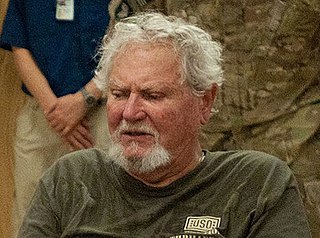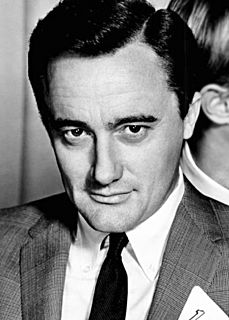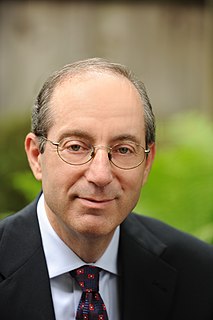A Quote by Clive Cussler
I've always been a Civil War buff. In fact, the ships that always fascinated me the most were the ironclads, because they were the start of an era.
Related Quotes
Some 2,800 Americans went to Spain [during the Spanish Civil War], and it was, by far, the largest number of Americans before or since who've ever joined somebody else's civil war. I think they were primarily people who were deeply alarmed by the menace of fascism. They saw this on the horizon. I quote one volunteer, Maury Colow of New York, who said, "for us it was never Franco, it was always Hitler."
Nothing will turn you into a Civil War buff like five years of reading. Some of the letters that people wrote from that time are so deep and so beautifully articulate. And you realize, especially with the stuff that's going on now in America, that it's always been chaos - people were disagreeing at least as much as they are now and 20,000 people would die in a day. It's the scale that's amazing, and also the proximity to our own time.
We know that there were so many Japanese American soldiers in World War II who were fighting in Europe despite the fact that their families, their parents were back home in American prison camps. It's savagely ironic that between themselves and the African-American soldiers, who were also segregated and didn't see the fruition of the work the culminated in the Civil Rights Act until the '60s, that these American heroes and their stories are not well known; and the fact that the 442nd/100th became the most decorated unit in U.S. history.
I've just always had a personal fascination with the myth of Abraham Lincoln. And once you start to read about him and the Civil War and everything leading up to the Civil War, you start to understand that the myth is created when we think we understand a character and we reduce him to a kind of cultural national stereotype.
I worry that I may have overstated the impact of Civil War on the utopians. By the time the Civil War comes, most of the communities were quite separated from the wider American society. Their rhetoric is still about transforming the world, but they're not having that much traffic with their neighbors.
As a kid, I was growing up in an era of celebration of the Civil War centennial, with a lot of 'Lost Cause' emphasis on the Confederacy. I used to play Civil War soldiers with my brothers as a child, and my older brother always insisted that he got to be Lee, and I got be Grant. I never knew that Grant won until quite some time had passed.
In India you don't find propaganda against Pakistan. During the war there was a little of it, naturally, but even during the war we were able to control it. In fact the Pakistanis were astonished by this. There were prisoners in the camp hospitals who exclaimed, 'What? You're a Hindu doctor and you want to cure me?'
Why did John Wilkes Booth do it? In My Thoughts Be Bloody young historian Nora Titone is one of the few to have genuinely explored this question. In doing so, she has crafted a fascinating psychological drama about one of the central events of the Civil War: the assassination of Abraham Lincoln. This book promises to stimulate lively historical debate, and will be a treat for every Civil War buff who always pondered that haunting question, “what made him pull that trigger?” Bravo on a marvelous achievement.






































